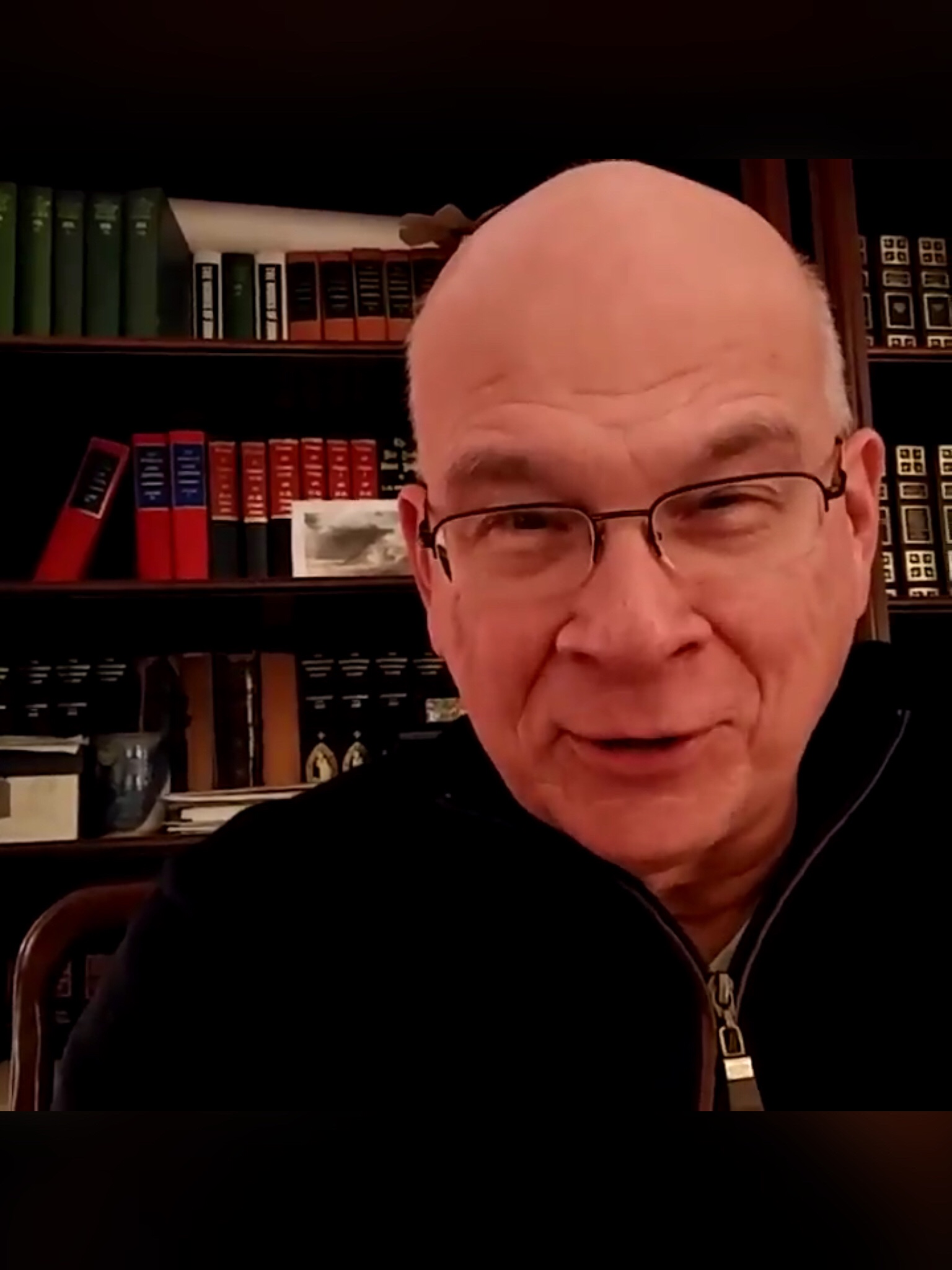

The last chapter of Jonah is a surprise chapter. Timothy Keller at Redeemer Presbyterian Church on September 9, 1990. Now let’s just ask two questions of the passage: 1) What’s a divided heart? 2) How can we heal a divided heart? And what we see is that it could be true of us as well. They create the kind of misery and drivenness of Jonah. Hearts divided between more than one god creates that kind of instability we see in Jonah. As a result, his heart was divided between worshipping two different things. Jonah believed in and served the true God, but he also believed and served a rival god. How can we explain Jonah’s mood swings, his tremendous emotional instability, able to praise God in chapter 2 and a few days later saying, “I am angry enough to die?” The answer is a divided heart. In response to this amazing thing, we’re told, “But Jonah was greatly displeased and became angry.” What’s going on here? The people turned from their violence and evil ways. He saw repentance that was culturally transforming. Jonah went into a big city like New York, and he saw a massive change. Timothy Keller at Redeemer Presbyterian Church on September 16, 1990. Secondly, God’s love is a seeking fire, a seeking power, a seeking love. Let’s look at two things that God is trying to get across to Jonah.

In the same way, many, maybe most, of our own struggles and collapses (just like Jonah here) are due to our own inadequate understanding of how God’s love really operates. Jonah, like everybody, believes in love in general, but when it comes right down to it has a fatally inadequate understanding of how love actually operates, and in particular, how God’s love actually operates. But surprise, in 4:1, we read, “But Jonah was greatly displeased and became angry.” Why is that? The bottom line is Jonah can’t figure out God’s love. Now this is a marvelous thing and we would expect great joy in Jonah’s heart. When he got there and began to preach, we’re told that Nineveh, by and large, turned from its violence and its evil ways. Jonah was called to go to Nineveh to preach, and after a lot of detours, he did. Timothy Keller at Redeemer Presbyterian Church on September 9, 2001. “The word of the LORD came …” In verse 3, we see the running man. We’re going to take a look at four features in the narrative, and each one is going to tell us something about sin. It’s another thing to understand it and understand your own heart. And yet, not only does it profoundly map out the real nature of sin, it gives us an understanding of sin that goes deeper than what you’d think the definition of sin is. But it doesn’t actually ever use the word sin. The book of Jonah is really one of the best possible places to get an overview of what the Christian message is about. Timothy Keller at Redeemer Presbyterian Church on September 23, 2001. And the willing substitute is what to do about it.

The religious sailors show us the wrong thing to do about it. We’re going to see what the Bible says about fear by noticing three features of the story: the stormy sea, the religious sailors, and the willing substitute. He’s afraid to go to Nineveh, because–why put himself in the very midst of his enemies? Why? Because Jonah has fear in his heart. Warn them about God’s anger.” What Jonah does, of course, is he runs away. God has come to him and told him to go to Nineveh, the capital of Assyria, the implacable foe, the implacable enemy of his country. If you've enjoyed listening to this podcast and would like to support the ongoing efforts of this ministry, you can do so by visiting and making a one-time or recurring donation. Today's podcast is brought to you by Gospel in Life, the site for all sermons, books, study guides and resources from Timothy Keller and Redeemer Presbyterian Church. Timothy Keller at Redeemer Presbyterian Church on September 30, 2001. Let’s look at four things we can learn from Jonah through this experience: the key to spiritual transformation, the method of spiritual transformation, the marks of spiritual transformation, and the continual need for it. What we see next is that Jonah has a spiritual breakthrough. To use the technical theological term, Jonah freaked out.

He was filled with disdain, hatred, bias, and bigotry. It was, as it were, a clear and present danger to the very existence of Jonah’s country. Ninevah was a violent, ruthless, imperialistic nation. Then his world changed, because God came to him and said, “Now I call you into a new ministry, a new situation. He was moving along in his world just fine. He had an understanding of who God was and who he was. Jonah was a prophet and he had a relationship with God. We continue to see the relevance of Jonah’s situation and the story of Jonah to our own.


 0 kommentar(er)
0 kommentar(er)
